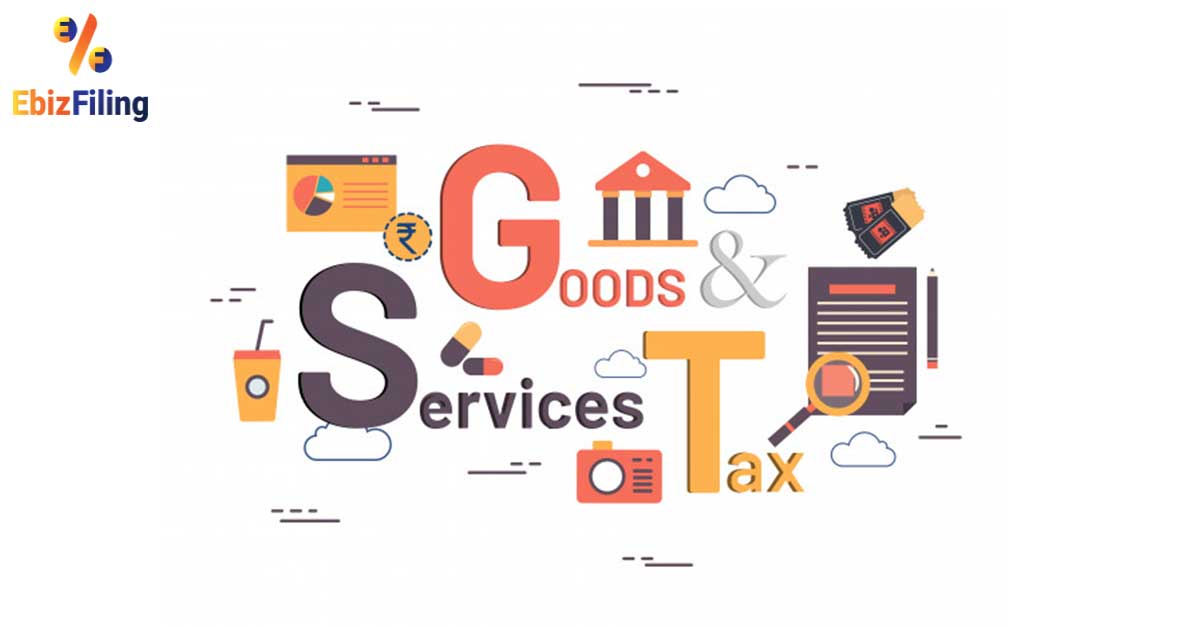Effortlessly Get Your GST Registration Done Today in Singapore with Our Professional Assistance
Effortlessly Get Your GST Registration Done Today in Singapore with Our Professional Assistance
Blog Article
Optimizing Your Service Potential With Proper GST Enrollment: Key Techniques and Best Practices
In the realm of business procedures, the value of correct GST enrollment can not be overstated. By navigating the intricate landscape of Item and Services Tax with experienced approaches and adherence to best techniques, organizations can unlock a realm of chances to broaden and grow. The key to really making best use of the potential lies in the strategic use of GST mechanisms such as input tax credit rating.
Understanding GST Fundamentals
Checking out the essential concepts of Product and Services Tax (GST) is necessary for organizations intending to browse the facility landscape of contemporary tax systems. GST is a consumption-based tax that is imposed on the supply of services and goods. It has actually replaced a variety of indirect taxes, enhancing the taxes structure and fostering a unified market across India. Under GST, businesses require to understand the idea of input tax credit history, which allows them to declare debt for taxes paid on their inputs. This system helps protect against cascading impacts and promotes efficiency in the tax obligation system.
Moreover, companies must comprehend the difference in between CGST (Central Goods and Provider Tax Obligation) and SGST (State Goods and Services Tax Obligation) Additionally, IGST (Integrated Item and Solutions Tax) uses to inter-state transactions, ensuring smooth tax obligation credit report throughout the supply chain.
Picking the Right Enrollment Type
Optimizing Service Compliance via Strategic GST Enrollment Selection is critical for businesses aiming to operate efficiently within the GST structure (Get your GST registration done today in Singapore). Picking the right enrollment type is an important choice that can affect various aspects of a business, consisting of compliance requirements, tax responsibility, and functional versatility
When picking a GST registration type, organizations have to think about variables such as annual turnover, interstate transactions, and service framework. The two primary registration types under GST are Normal and Make-up systems. Normal enrollment is suitable for organizations with an annual turnover surpassing the threshold limit, enabling them to collect taxes from consumers and claim input tax obligation credit histories. On the various other hand, the Structure plan is developed for small companies with a turn over below the defined restriction, using lower tax obligation rates but with limitations on input tax debt claims.
Preserving Accurate Records
Developing precise record-keeping practices is essential for companies to ensure compliance with GST laws and track monetary deals properly. Keeping exact records not just facilitates seamless GST declaring however also assists in keeping an eye on cash flow, examining service performance, and preparing for audits.
Normal settlement of financial records with financial institution declarations and GST returns is crucial to recognize any kind of discrepancies or mistakes without delay. Organizations must additionally retain all relevant documents, such as invoices, invoices, and agreements, to corroborate their tape-recorded purchases. By keeping an efficient record-keeping system, organizations can not only adhere to GST laws however additionally acquire valuable understandings into their economic wellness and make educated decisions to drive development and earnings.
Leveraging Input Tax Credit Rating
Using input tax obligation credit score successfully can considerably benefit businesses by decreasing their tax obligation obligation and enhancing cash circulation monitoring. Input tax credit report enables businesses to counter the tax they have actually paid on inputs against the tax obligation responsibility on results. By leveraging input tax obligation credit history, businesses can successfully lower the total tax worry on their services or items, therefore enhancing their competitiveness in the market.
One key technique to maximize input tax obligation credit is to ensure precise documents and conformity with GST laws. Keeping accurate documents of all input tax obligations paid is vital for claiming the debt quickly and precisely - Get your GST registration done today in Singapore. Companies need to regularly resolve their input tax credit rating declares with the acquisitions made to determine any disparities and remedy them without delay
An additional ideal method is to check modifications in GST regulations and laws to stay informed about qualified input tax credit report categories and rates. Engaging with tax professionals or going to regular training sessions can help businesses stay updated on the most recent developments and enhance their input tax credit rating insurance claims. Eventually, by effectively leveraging input tax credit scores, companies can enhance their economic effectiveness and competitiveness in the market.

Following Filing Target Dates
Adherence to declaring due dates is an essential element of preserving conformity with GST regulations for companies. Timely submission of GST returns makes sure that services satisfy their tax obligation obligations and avoid penalties or fines for late declaring - Get your GST registration done today in Singapore. It is crucial for organizations to track the various GST filing deadlines based on their enrollment type, whether month-to-month, quarterly, or yearly, to protect against any kind of lapses in compliance
To conform with declaring article source deadlines successfully, businesses should develop robust internal procedures for record-keeping and settlement of financial information. Using accounting software application or engaging specialist accounting professionals can streamline the procedure and help make sure timely and precise submissions. Additionally, establishing pointers or notifies for upcoming filing deadlines can help businesses stay arranged and stay clear of final hurries that may result in errors.
Failing to fulfill GST declaring due dates can cause consequences such as rate of interest charges on outstanding tax obligation amounts or even lawsuit in severe instances. By focusing on compliance with declaring due dates, companies can show good administration methods and keep a positive partnership with tax authorities, cultivating trust fund and reputation within the service community.

Verdict
In conclusion, optimizing service capacity with appropriate GST registration involves understanding the essentials of GST, choosing the proper registration type, keeping exact records, leveraging input tax obligation credit scores, and conference filing target dates. By complying with these vital methods and best methods, businesses can make certain compliance with GST policies and optimize their monetary efficiency.
Under GST, services need useful source to recognize the principle of input tax credit score, which permits them to assert credit scores for taxes paid on their inputs. Routine registration is appropriate for services with an annual turnover exceeding the threshold limitation, enabling them to accumulate taxes from clients and insurance claim input tax credit histories. Input tax credit report allows organizations to counter the tax they have actually paid on inputs versus the tax responsibility on results. By leveraging input tax credit history, companies can effectively decrease the overall tax obligation problem on their solutions or goods, thus enhancing their competitiveness in the market.
Engaging with tax obligation professionals or original site going to regular training sessions can assist businesses stay upgraded on the latest growths and optimize their input tax credit scores claims.
Report this page